It’s mid-morning on the Saturday of the Labour Day long weekend. The lake is calm; the trees and granite hills of the Canadian Shield reflect on the water as smooth as glass. My Dad and I have pushed off sandy shores and are paddling to the far end of the lake. We round the bend, leaving behind the children playing on the beach and car camping sites behind us.
With each stroke of the paddle, we inch further away from civilization and into the wilderness of Killarney Provincial Park.
We won’t be gone for long. My Dad hasn’t paddled for many years and my Mom doesn’t paddle at all. Thus, my Dad and I will paddle and portage until we find a suitable spot for lunch, then we will turn around and do it all in reverse. Finally, we will join my Mom in the resort lounge for a drink and a meal and some live music before falling asleep in a comfortable bed. Tomorrow we will do it all over again.

This post may contain affiliate links. If you make a purchase through one of these links, I may receive a small commission at no extra cost to you. Your support is much appreciated! You can learn more by reading my full disclosure.
This is a very different trip than the first I did in Killarney Provincial Park. Five years ago I led a two-week trip with six campers. We ventured into some of the most remote corners of the park, and for much of the trip, we didn’t see another person. It was rugged and challenging and I nearly cried more than one.
I love this about Killarney Provincial Park. You can go out for a day or two weeks; you can car camp, backcountry canoe or stay at a nearby lodge. Anyone can enjoy this magical park, regardless of their camping experience.
Parks like Killarney garner great love and support from the public. It’s a matter of numbers; the more people who enjoy and experience the land, the more people will care about it. If the government attempted to dismantle Killarney for commercial development, I reckon we’d have quite the riot on our hands.

But this very notion is being threatened by the outdoor elitist.
What is the outdoor elitist? The outdoor elitist believes wilderness should be reserved only for those worthy, those who are skilled and experienced in the backcountry. This person turns their nose up at good-enough gear and you’ll often hear them lamenting the increased popularity of their beloved wilderness areas. The outdoor elitist gets off on correcting, rather than educating, people on backcountry techniques or best practices. Often the outdoor elitist is male, and very often the outdoor elitist is white.
Outdoor elitism, in my mind, is a spectrum, and anyone who has spent prolonged amounts of time in the wilderness falls somewhere on it. Think of it as a ten-point scale, with 1 being someone who occasionally passes judgement, but quickly acknowledges their error and corrects accordingly, and 10 being a pompous outdoor elitist douche bag whose air of superiority is more arresting than campfire smoke in your eyes.

I remember a time when I fell higher on the scale than I would like to admit. I scoffed at people hiking in trainers or wearing garbage bags as rain jackets. While there is some truth in this (it would be irresponsible, say, to venture on an extended backcountry trip without appropriate gear), judging someone for less than ideal gear doesn’t help anyone.
Educating people on how to find affordable gear, in addition to making gear more accessible to low-income households, is the answer.
Judgment in the outdoors, including my own, is uncalled for. Even now, I’m not perfect – I routinely have to stop myself from passing judgement when I see people canoeing who clearly have no idea how to hold a paddle. But I have to remember the circumstances under which this judgment comes. I had the privilege of attending summer camp from the ages of 6 to 16, so of course, I know how to hold a paddle. I’ve never had to settle for a garbage bag poncho because my parents could always afford a semi-decent raincoat for me.

What matters is not the gear nor the prior experience – what matters is getting out and trying.
In fact, I’ve come to have even more respect for people who get out into nature in less-than-ideal gear. They’re probably going to be more uncomfortable, but they’re doing it anyway. That’s admirable. But the dangers of the outdoor elitist extend further than occasionally running into an asshole on the trail or in equipment stores. The other aspect of eradicating our outdoor elitist tendencies is that it’s dangerous for our public lands.

In order to protect land for conservation efforts, species protection and fight against climate change, we need people to care.
We need as many people as possible to say “yes, I care about this land and I will not support governments or businesses who threaten to harm it.” We need people to appreciate the natural beauty of the land around them and the important role it plays in our greater ecosystem if we are to ever stand a chance against commercial and resource development.
Whenever an outdoor elitist makes someone feel uncomfortable out in nature, or they cause someone to feel they don’t belong on this land, the outdoor elitist is preventing someone from learning to love and care for the land. They are directly reducing the number of people we have as allies in the fight for the environment.
Now, I understand most people are not this fragile. One encounter with an outdoor elitist isn’t going to break your outdoor spirit.
But consider that marginalized groups – people of colour, people of various sexual orientations or gender identifications, people with disabilities or people who aren’t straight sizes – are still grossly underrepresented in outdoor media. Consider that many outdoor gear companies tout the importance of being well-prepared with good quality gear, but price their products out of budget for many people. Consider how the outdoors – which should be the most accessible form of recreation we have – can be so inaccessible for some people.

We can’t have the outdoor elitist be the straw that breaks the camel’s back.
On the final portage of the day, my Dad and I encounter a traffic jam. There are three boats ahead of us waiting to unload and start the portage. Onshore, there is another group completing the portage in the reverse direction. It appears no one in front of me knows anything about efficient portaging, let alone a thing or two about portage etiquette. For a moment I am frustrated at the sudden increase in people, and consequently at the park’s accessibility. But then I stop myself; I retract the judgement. Portage ability has no influence on a person’s right or worthiness to be here.
And besides, if an occasional portage traffic jam is the price to pay for protected lands like Killarney Provincial Park, I will gladly pay it.
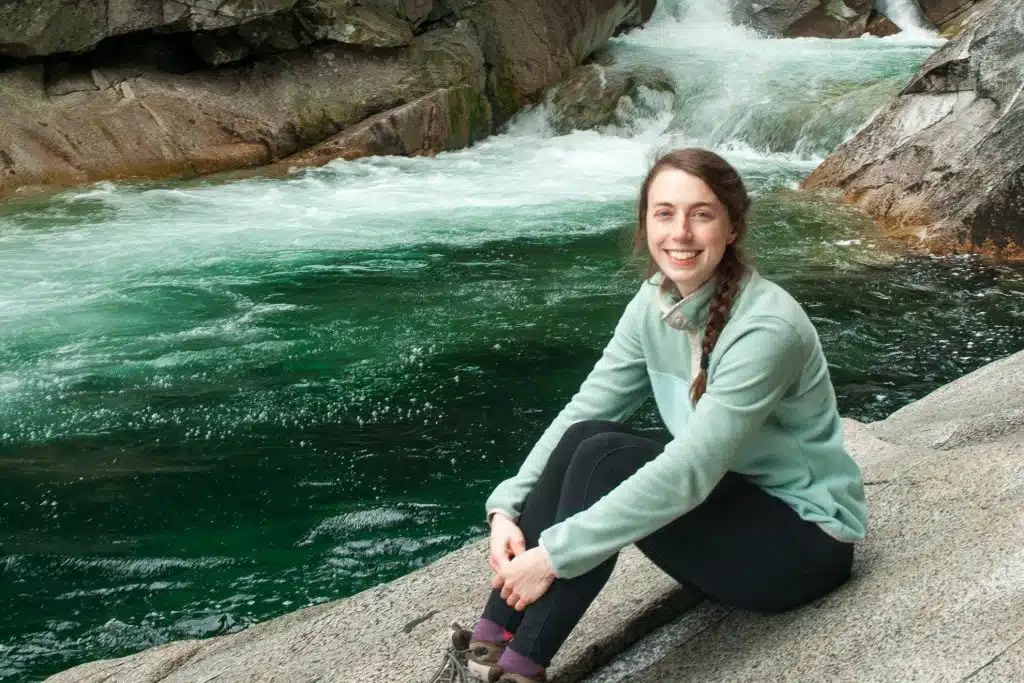


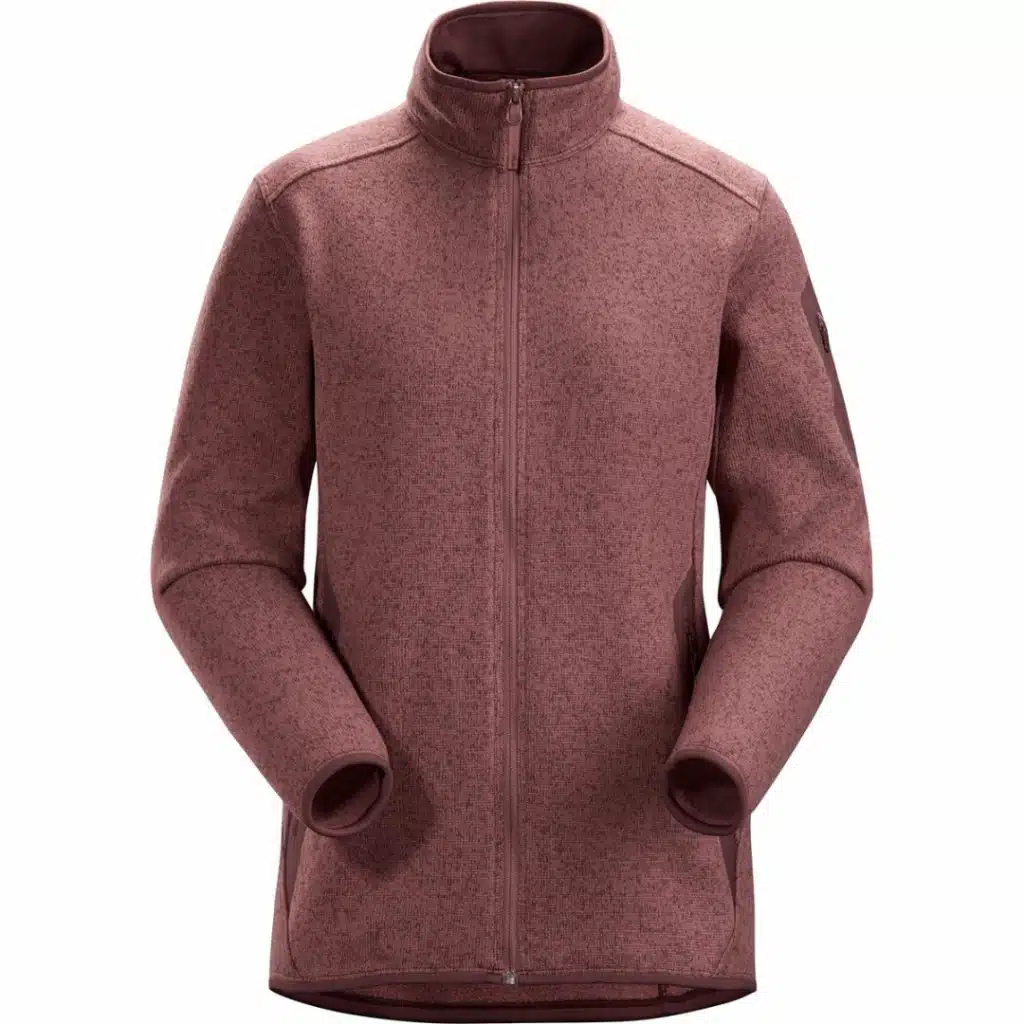
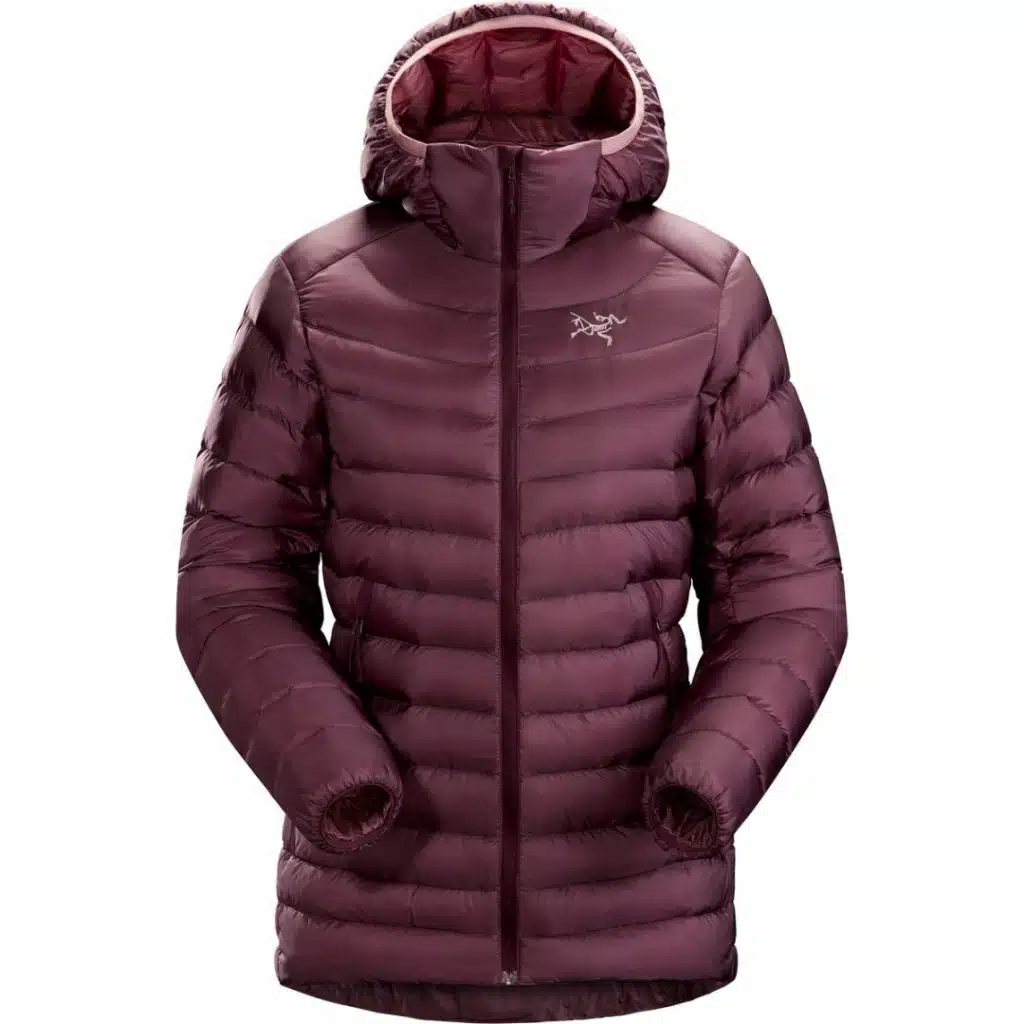
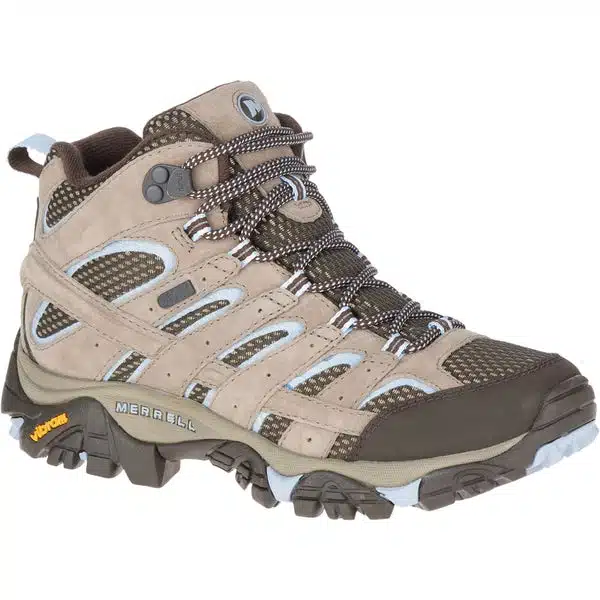
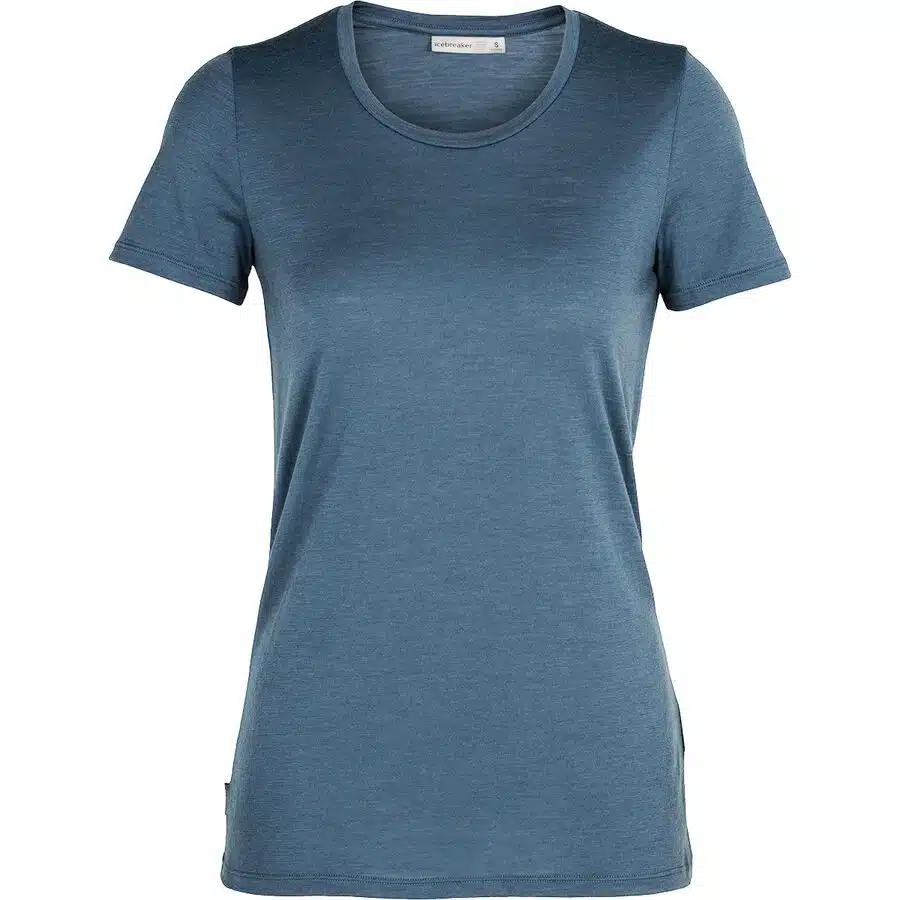
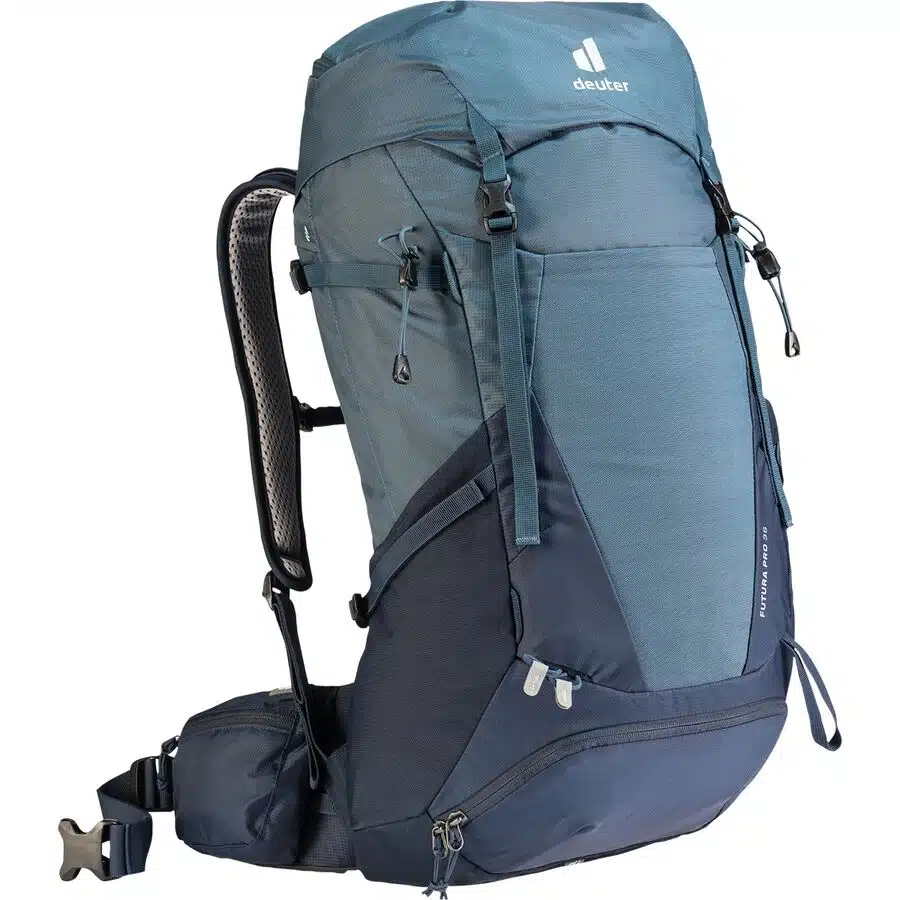
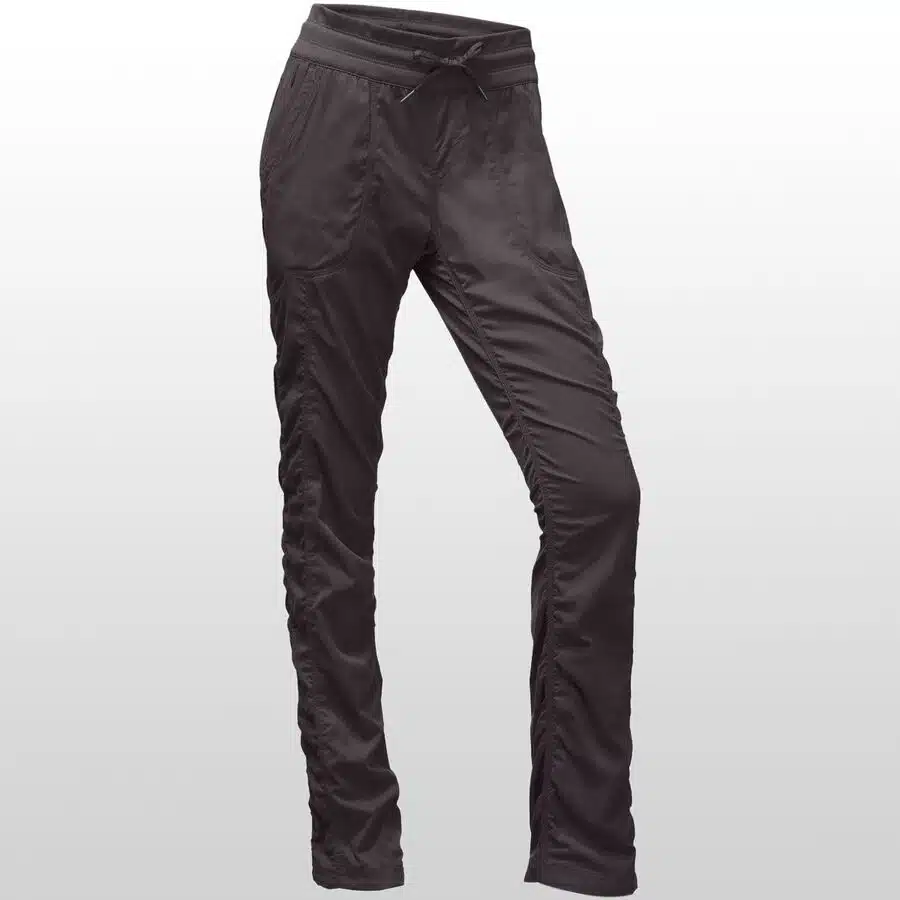
Stay in Touch
Join our community of outdoor adventurers - you'll find trip inspiration, gear discussions, route recommendations, new friends and more!
THANK YOU FOR THIS.
You’re very welcome Steph!
For the most part, I thought this was a great article, with the potential to reach a broad audience. A friend shared it on Facebook and the general consensus positive, however the readers, women and men, were turned off by your attempt to target white males. Obviously, not all white men are privileged elitists and many grow up in blue collar and/or poor households. Some white women, like myself grow up in blue collar households and had to stay hike during the summer instead of attending camp.. I stuffed garbage bags in my backpack and hiked with runners and jeans until age 30. I couldn’t afford hiking boots or rain pants, or a nice backpack. Be careful not to show your privilege when calling others out. On a positive note – one small edit can make a huge difference. If the blast against the white elitist male hadn’t been part of this article I would have shared it with friends.
Hi Elizabeth,
Thanks for your comment. I’m glad the majority of the article resinated with you. I was not attempting to imply that all outdoor elitists are male and white, nor that all white men are elitists. Statistically speaking, white men are overrepresented in the outdoor industry and have privileges that women, non-binary and POC do not, both in and outside of the outdoor industry. I think it’s important to recognize this (including my own privilege as a straight, white cis-gendered women from a middle class background) when talking about judgement in the outdoors. Thanks again for the comment – it’s feedback like this that drives a conversation forward so I really appreciate it 🙂
Mikaela
A courageous perspective. It’s too easy to be smug.
Thanks George! I’m glad you liked it!
Thank you for this perspective. As an African-American woman who backpacks, hikes, canoes, fishes and loves tackling 14ers with my family, I have come across all types in my travels. As you so accurately stated, most of those trying to make people who look like me uncomfortable are white men. I am very glad you didn’t back down when a person coming from a place of privilege labeled your observance as an attack. Thank you!
Thank you – and I’m so glad the post resonated with you! I realize that I haven’t always been the best ally in making other people feel welcome outside, so I hope sharing this helps other people change as well. All the best to your and your family – and congrats on the 14ers!